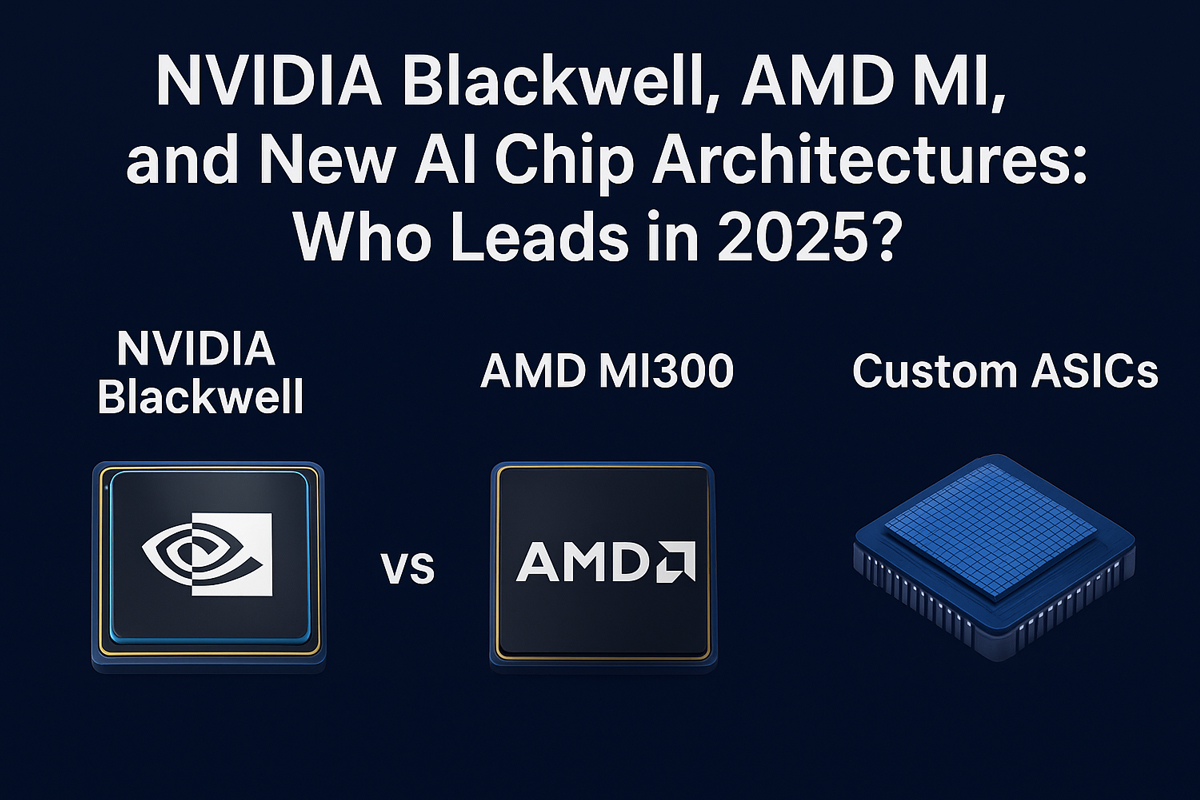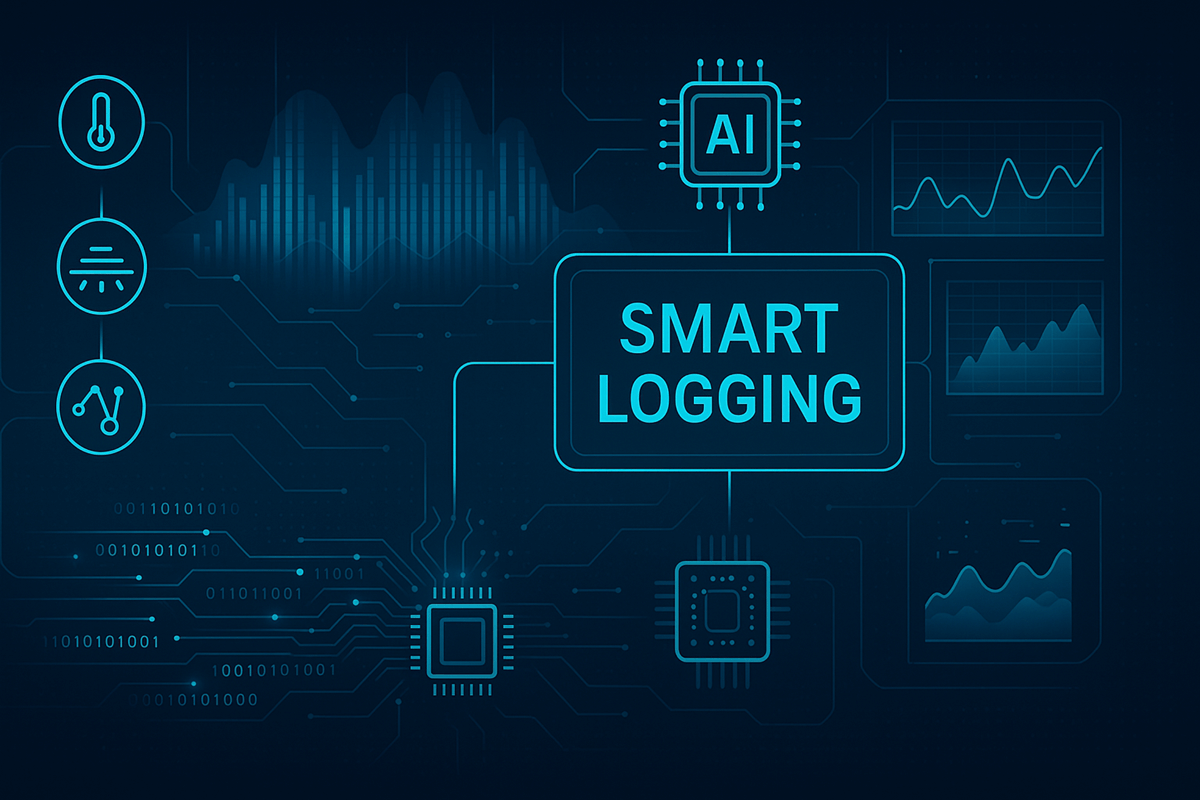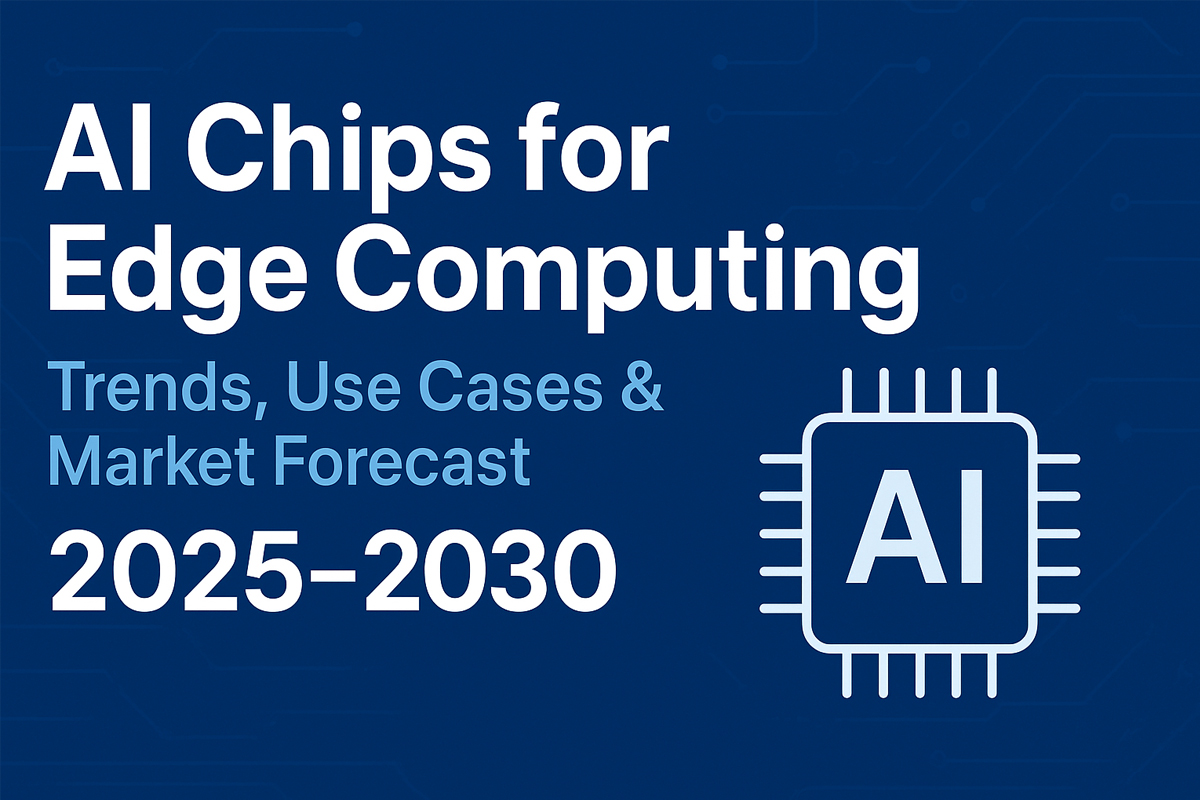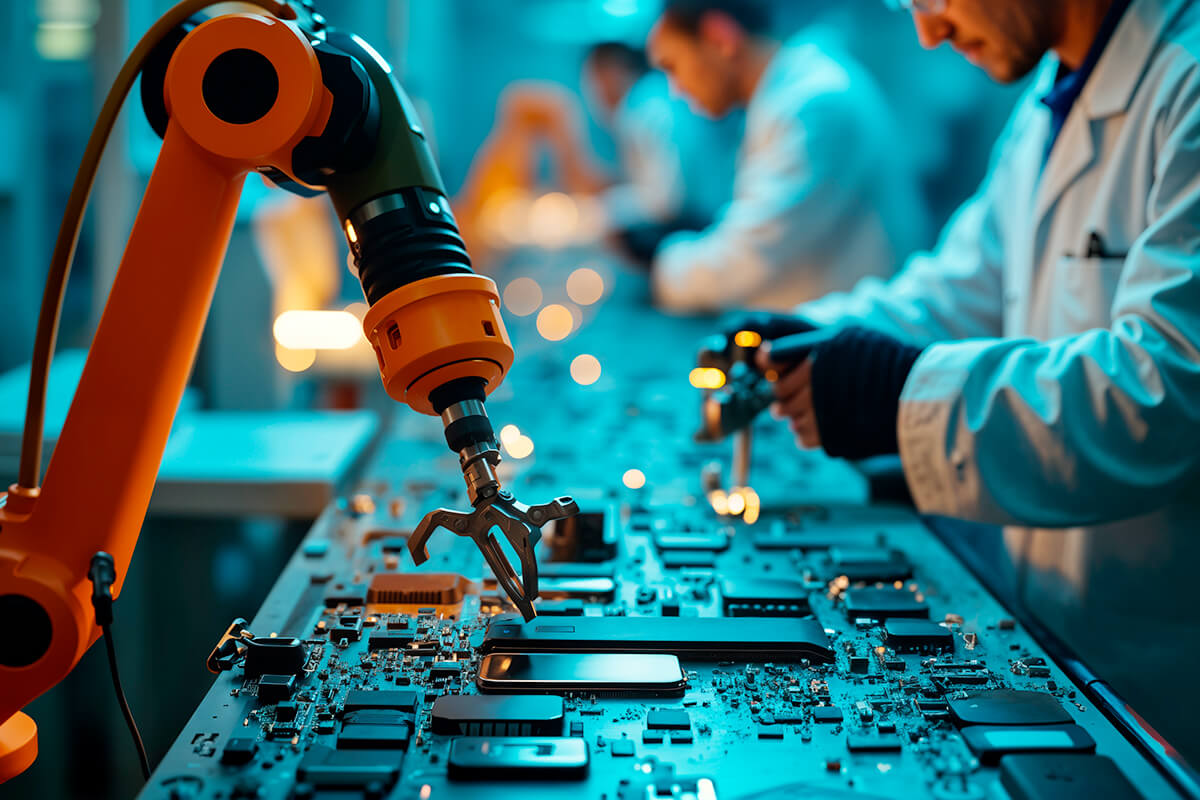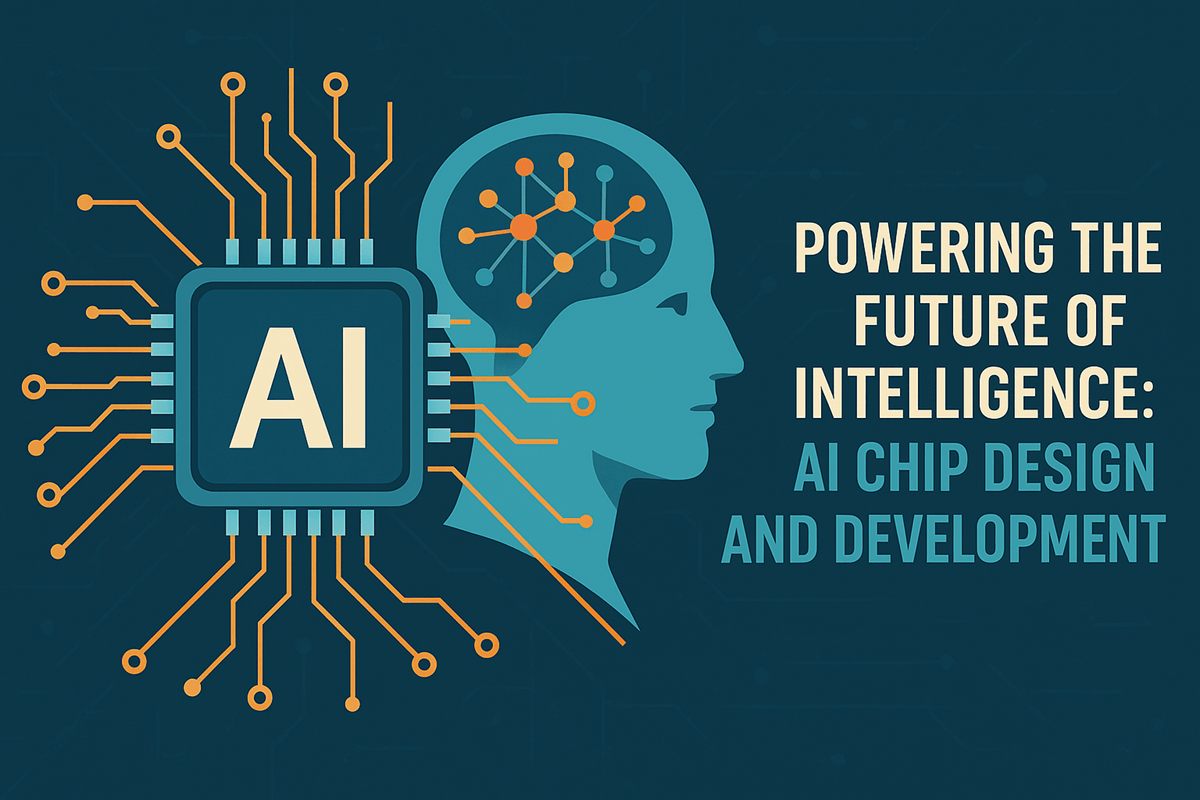The Rise of AI Hardware Companies
Artificial Intelligence has moved from the cloud to the edge — from massive data centers to smart devices in our hands, homes, and industries. Behind this revolution lies a new generation of AI Chip Companies that are redefining how machines learn, perceive, and act in real time. At the heart of this ecosystem is the AI chip company — a powerhouse that blends advanced semiconductor engineering with machine learning innovation to deliver intelligence at silicon speed.
The Core of Intelligence: AI Chip Design and Development
Modern AI chip design and development is not just about processing power — it’s about efficiency, adaptability, and purpose-built architecture. Traditional CPUs struggle to meet the parallel processing needs of AI workloads like deep learning or computer vision. That’s where AI chips come in — purpose-designed to accelerate neural networks with optimal power consumption and latency.
An AI chips company typically focuses on specialized architectures such as:
- Neural Processing Units (NPUs) for matrix and tensor computations
- Edge AI processors optimized for low power and real-time inference
- Custom ASICs (Application-Specific Integrated Circuits) designed for specific AI models or applications
- FPGA-based designs that balance flexibility with performance
The process of AI chip design integrates multiple disciplines — from algorithm optimization and memory management to hardware-software co-design — ensuring that every transistor contributes to intelligent computation.
From Blueprint to Breakthrough: AI Chip Development
Once the design phase is complete, AI chip development takes over — transforming virtual models into working silicon. This stage includes simulation, prototyping, fabrication, and rigorous testing to validate performance across real-world scenarios.
The leading AI hardware companies today are focusing on:
- Heterogeneous computing architectures for scalable AI performance
- Energy-efficient AI chips for sustainable computing
- Edge AI hardware that brings intelligence closer to data sources, reducing dependency on cloud latency
In short, AI chip design and development is about turning algorithmic vision into physical performance — creating hardware that learns faster, thinks smarter, and consumes less energy.
Why AI Hardware Companies Are the New Innovation Hubs
AI is no longer software-driven alone; it is increasingly hardware-defined. Every autonomous vehicle, drone, industrial robot, or smart camera depends on specialized AI silicon to deliver real-time decision-making. The AI hardware company of the future isn’t just a chip manufacturer — it’s an enabler of intelligent ecosystems.
Leading AI chip companies are now investing heavily in co-design approaches where hardware and software evolve together — ensuring that machine learning frameworks like TensorFlow, PyTorch, or ONNX are optimized for their silicon. This synergy enables developers to push the boundaries of what’s possible in AI inference, robotics, and embedded vision.
Conclusion: Building the Foundation for the AI Era
As artificial intelligence continues to reshape every industry, AI chip design and development stand at the foundation of this transformation. The next generation of AI chips companies will define how fast, efficient, and accessible AI becomes in our daily lives.
Whether it’s enabling autonomous drones, accelerating medical imaging, or powering generative AI at the edge — innovation in AI hardware is the silent engine driving the world’s smartest technologies.

